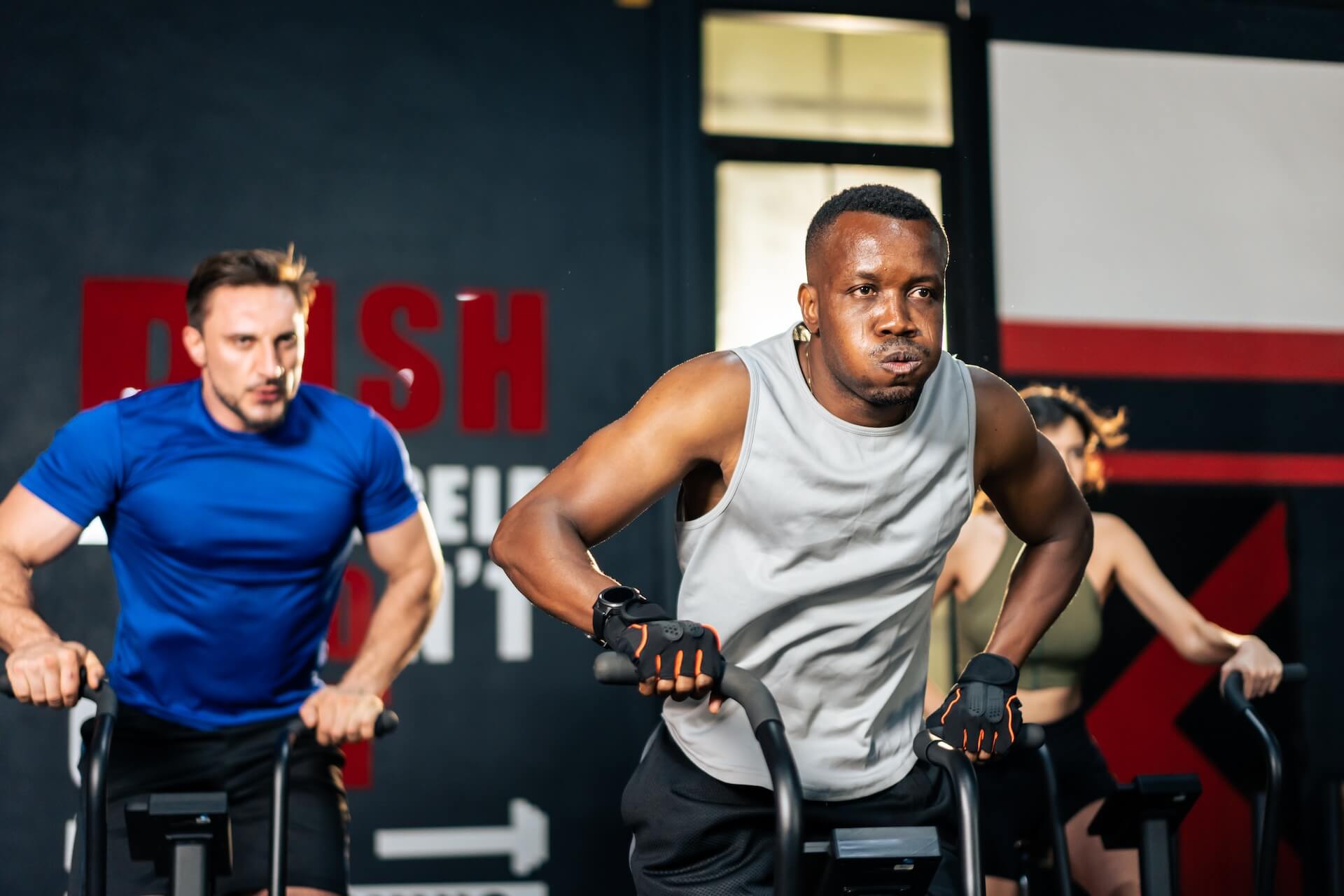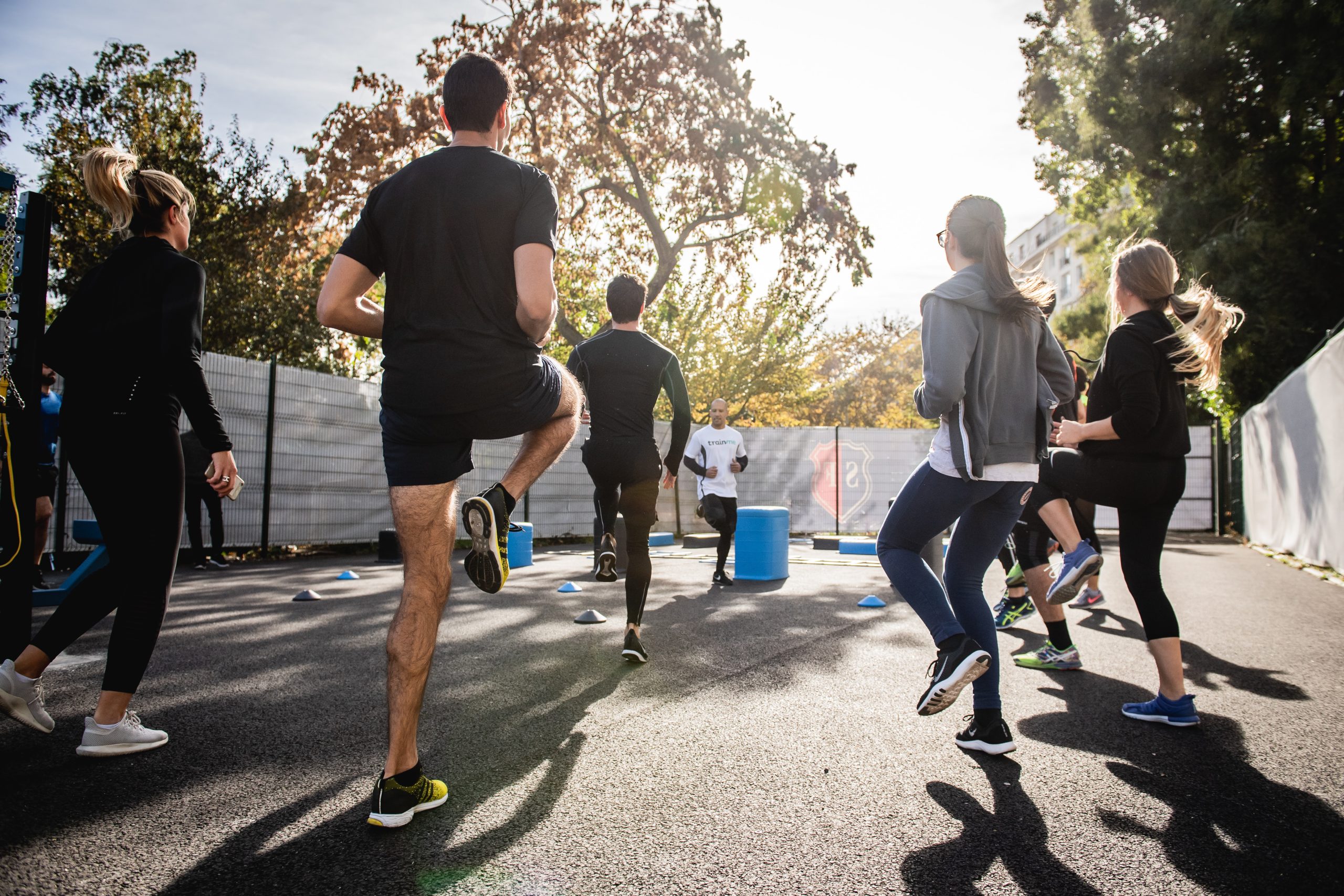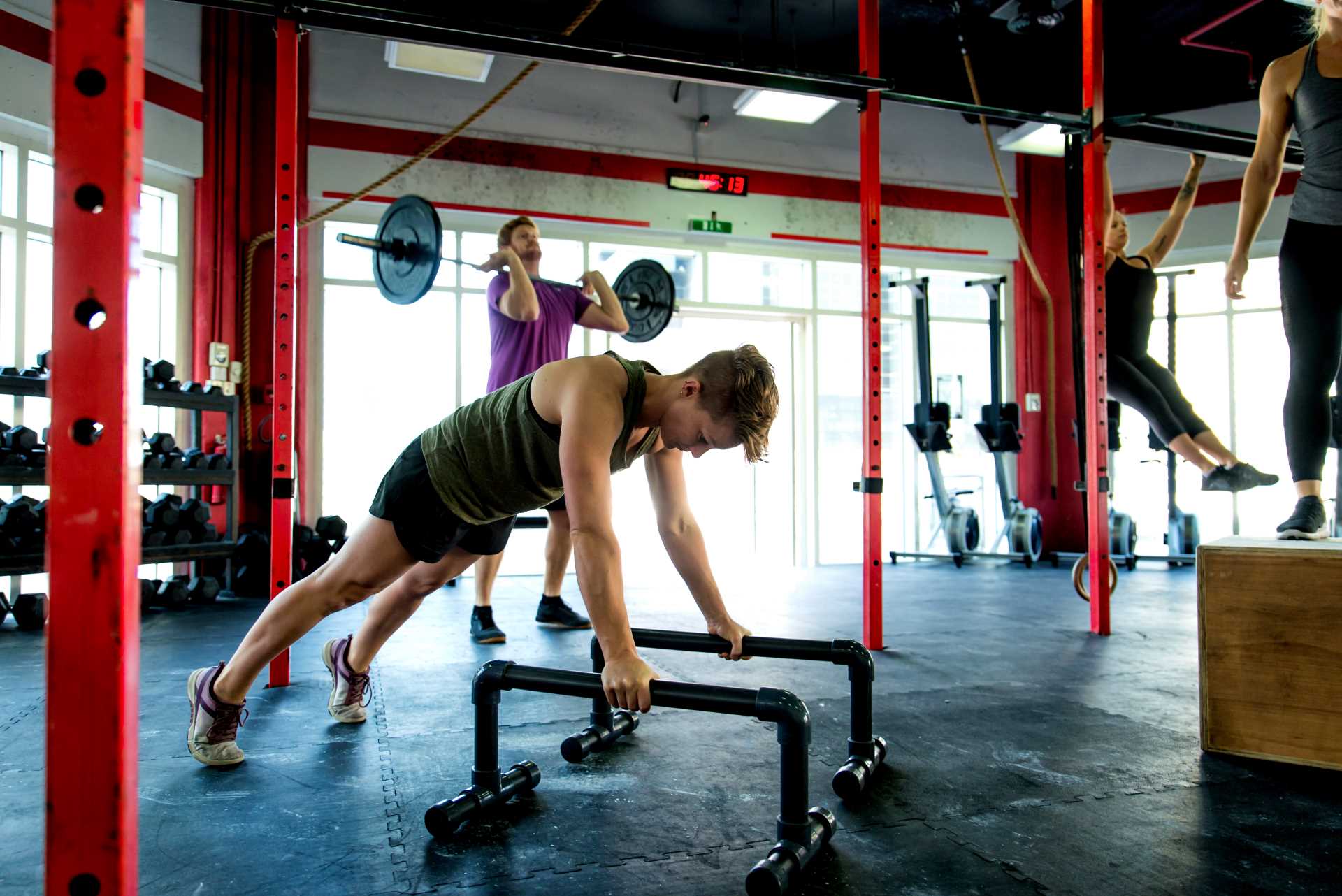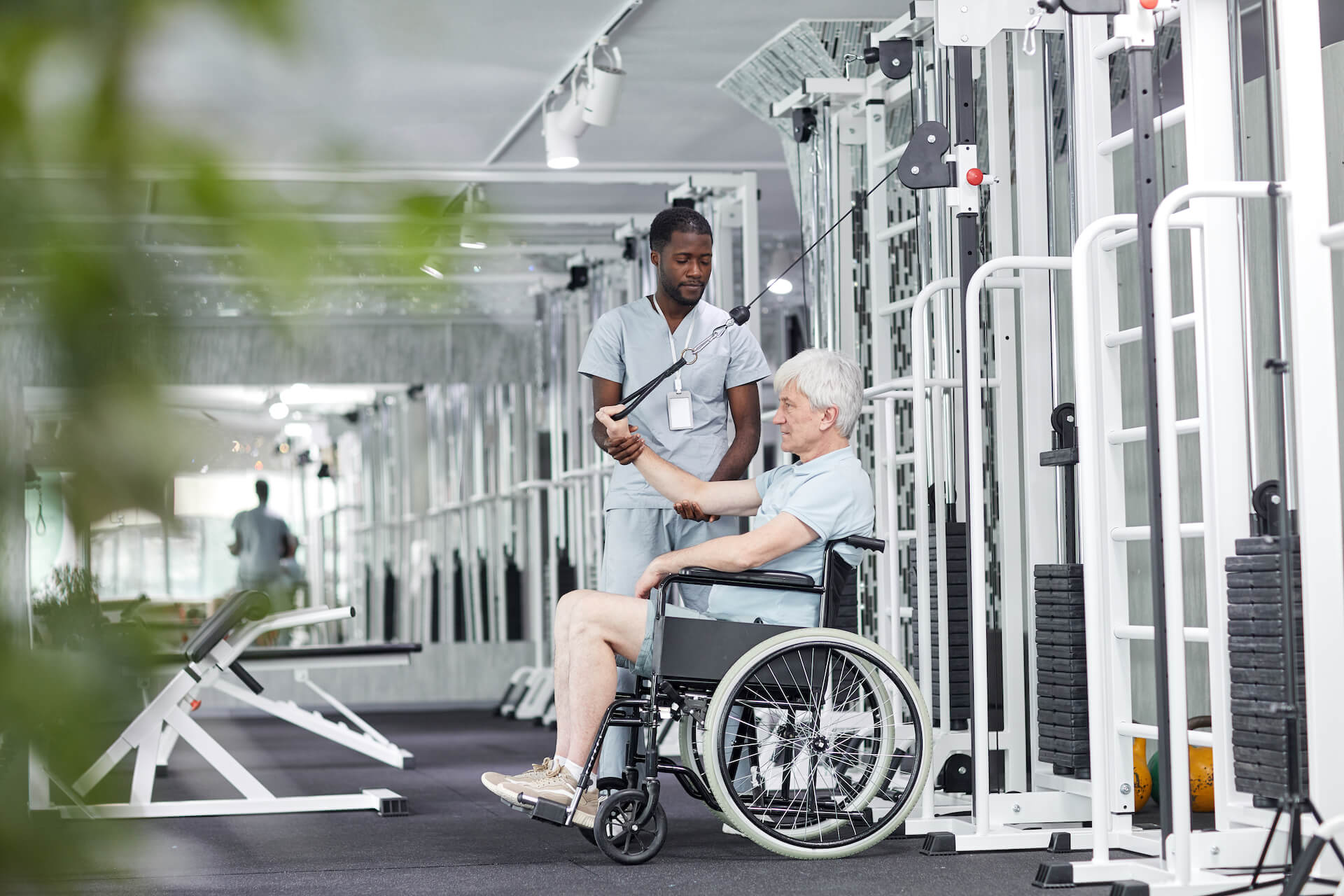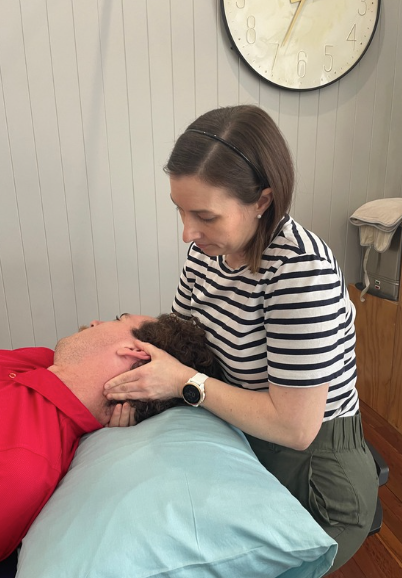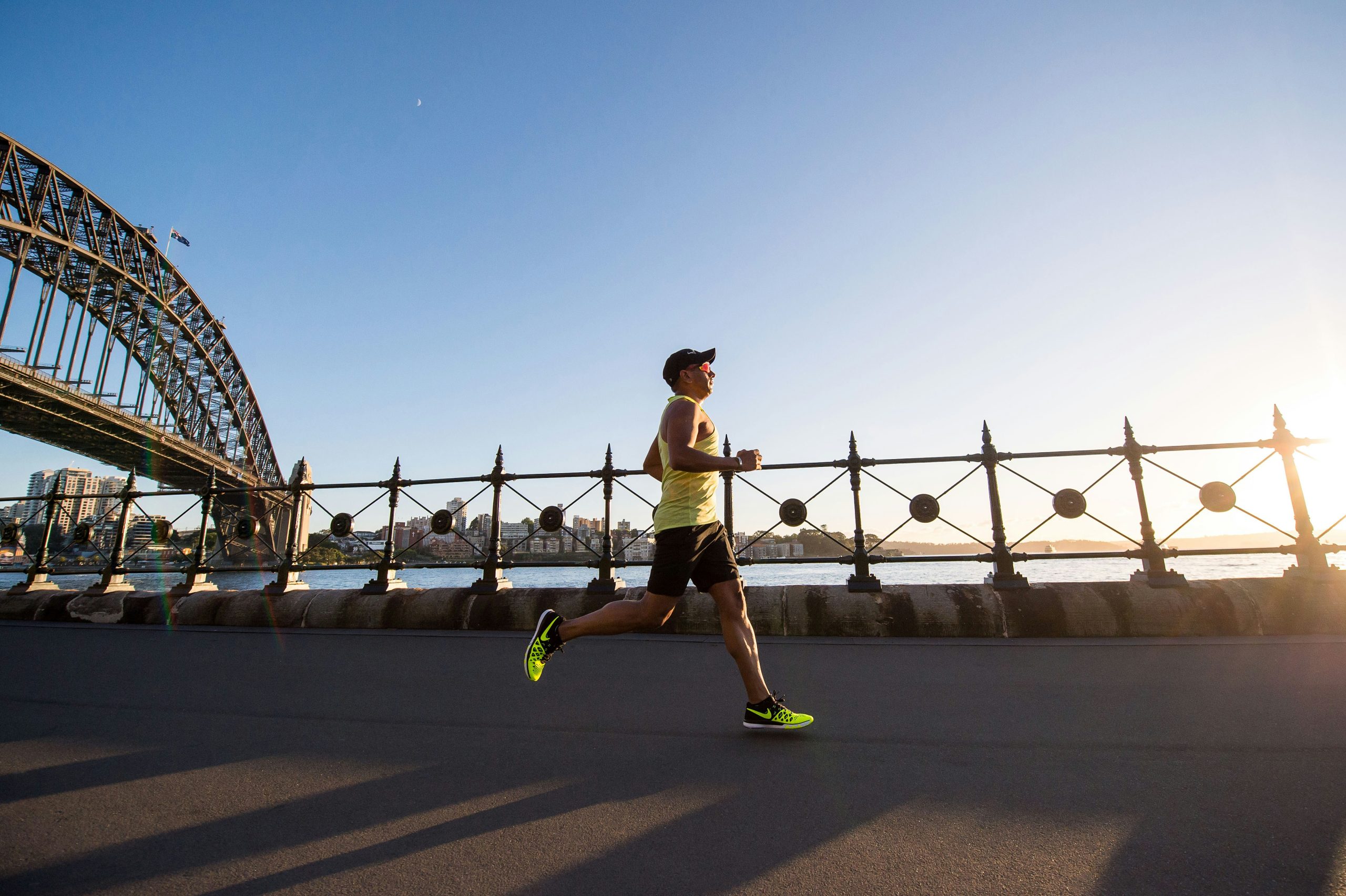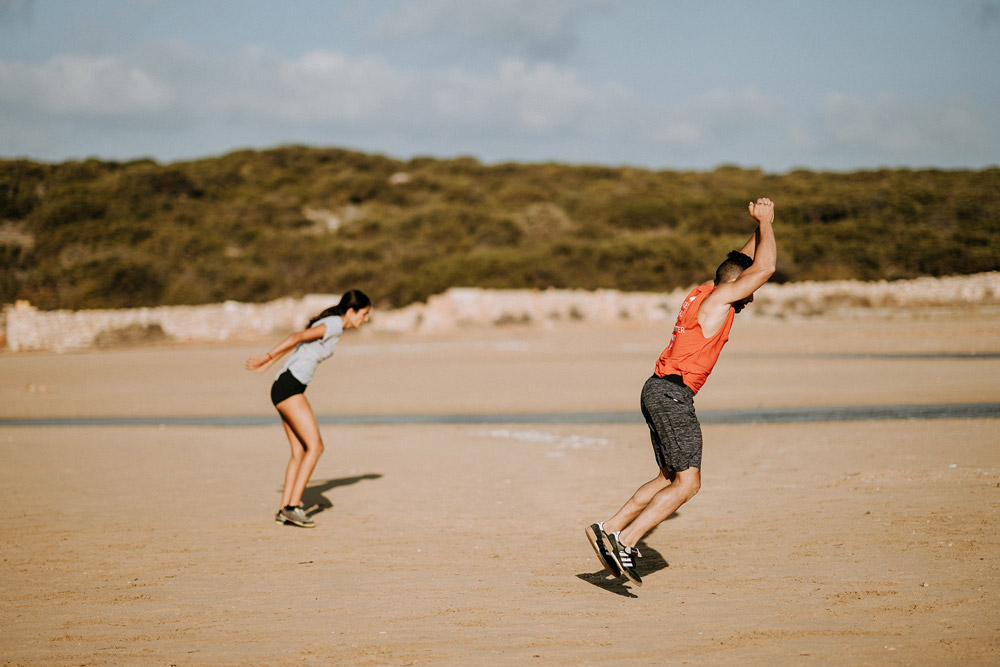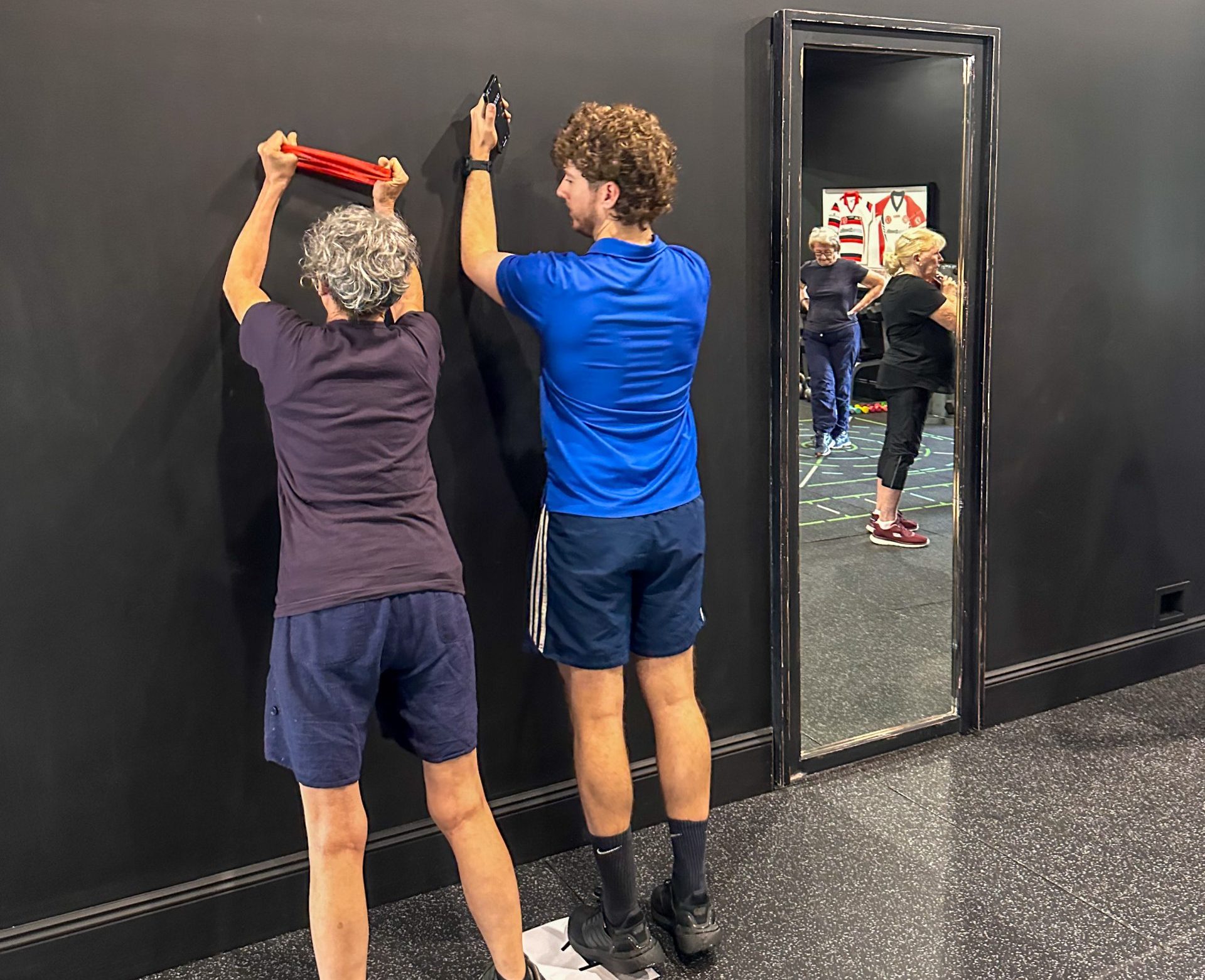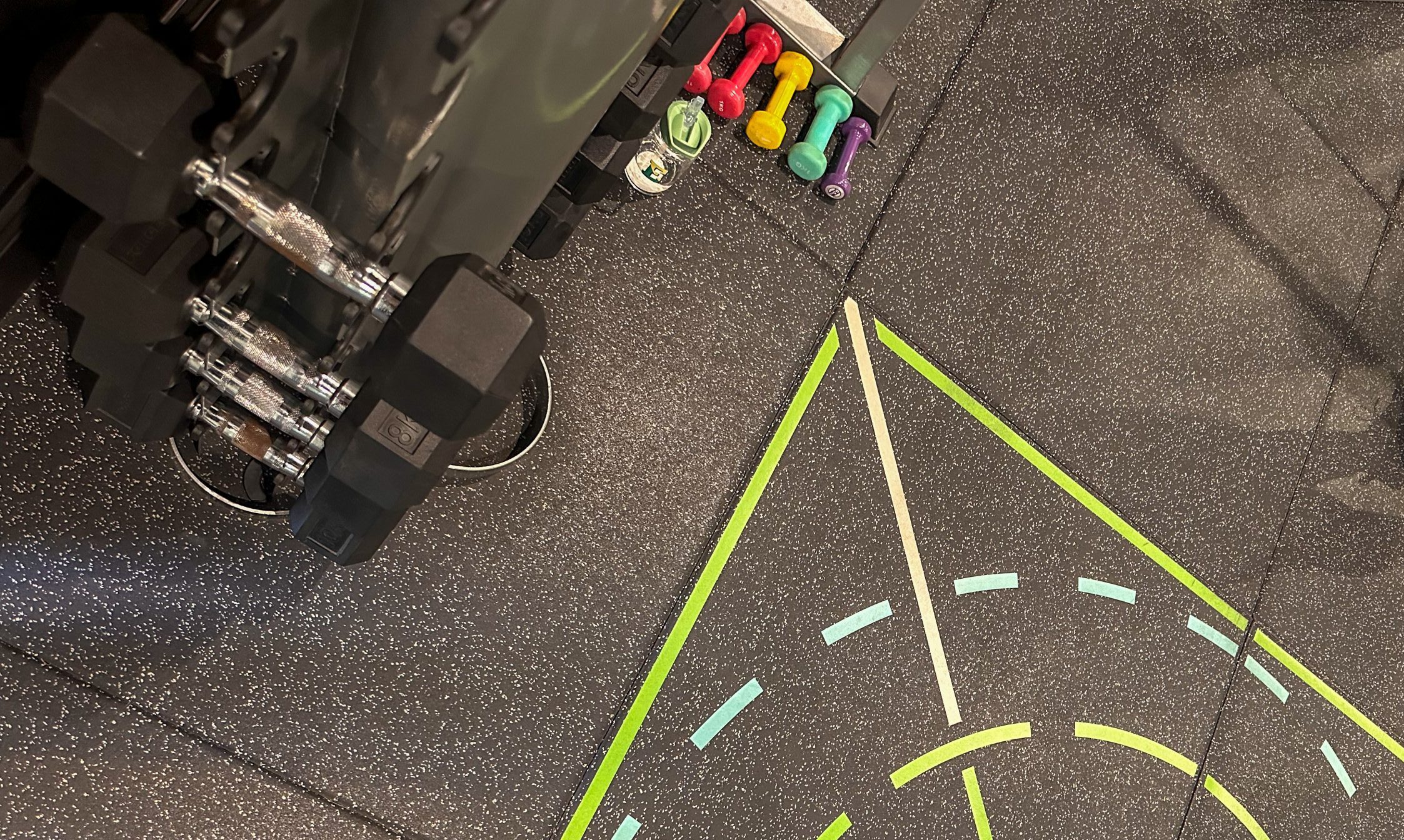HIIT Workouts – Understanding What They Are & Their Importance
High intensity interval training, also known as HIIT workouts, is a broad term for workouts that involve short bursts of...
Debunking Lower Back Pain
Understanding lower back pain Lower back pain is one of the most common ailments affecting people of all ages. It can...
Daily Balance Workout for Beginners
Maintaining good balance is essential for overall health and wellbeing, as it helps prevent falls, improves posture, and enhances performance...
Physiotherapy for Hip Pain
Hip pain is a common complaint that can affect people of all ages, disrupting daily activities and diminishing quality of...
Benefits of Dynamic and Static Balance
Balance is a fundamental aspect of physical fitness and overall well-being. It plays a crucial role in our ability to...
Balance and Aging: Preventing Falls in Older Adults
As we age, maintaining balance and preventing falls becomes increasingly important. Falls are a leading cause of injury among older...
Gym Exercises for Swimmers
Exercise is essential for swimmers to optimise performance, prevent injuries, refine technique, maintain physical and mental health, and enjoy the...
Strength and Conditioning Exercises for Improved Sports Performance
Improving sports performance often involves utilising a combination of strength and conditioning exercises to target various physical attributes specific to...
Daily Habits to Prevent Lower Back Pain
Lower back pain is a common ailment that can significantly impact your quality of life. While many factors contribute to...
How an Exercise Physiologist and Physiotherapist Help with Back Pain
Back pain is a common complaint that affects millions of people worldwide, often leading to significant discomfort and limitations in...
Lower Back Pain Myths
Lower back pain is one of the most common ailments, affecting millions of people worldwide. Despite its prevalence, numerous myths...
The 7 Habits of Healthy People
Living a healthy lifestyle involves more than just hitting the gym or following a strict diet. It's about embracing a...
Physiotherapy for High Performance Athletes
The Benefits of Physiotherapy for High-Performance Athletes High-performance athletes push their bodies to the limits, constantly striving for peak performance and...
Core Training – What’s the Point?
In the world of sports, athletes are constantly seeking ways to enhance their performance and gain a competitive edge. While...
Bone stress injuries in Long Distance Runner
Running is a well-known activity for health and wellness. However, running carries the risk of developing overuse injuries such as...
Shin Splints in Teenagers
Have you ever heard of the term shin splints and wanted to know more? Do you experience challenges in progressing in...
Plyometrics 101 – Why You Should be Jumping More
Welcome to plyometrics 101. Today we will be discussing what plyometrics is and why all athletes and recreational gym goers...
5 Exercises to Promote Bone Growth
The importance of improving and maintaining bone mass is an area of health research which is continuing to grow in...
Banded Exercises 101 – How to Make the Most out of your Resistance Band
Have you ever wondered what a resistance band is useful for? Do you have a resistance band collecting dust somewhere in...
The Best Home Gym on a Budget
If you’re looking to improve your health while enjoying the convenience of staying in your own home; building a home...

